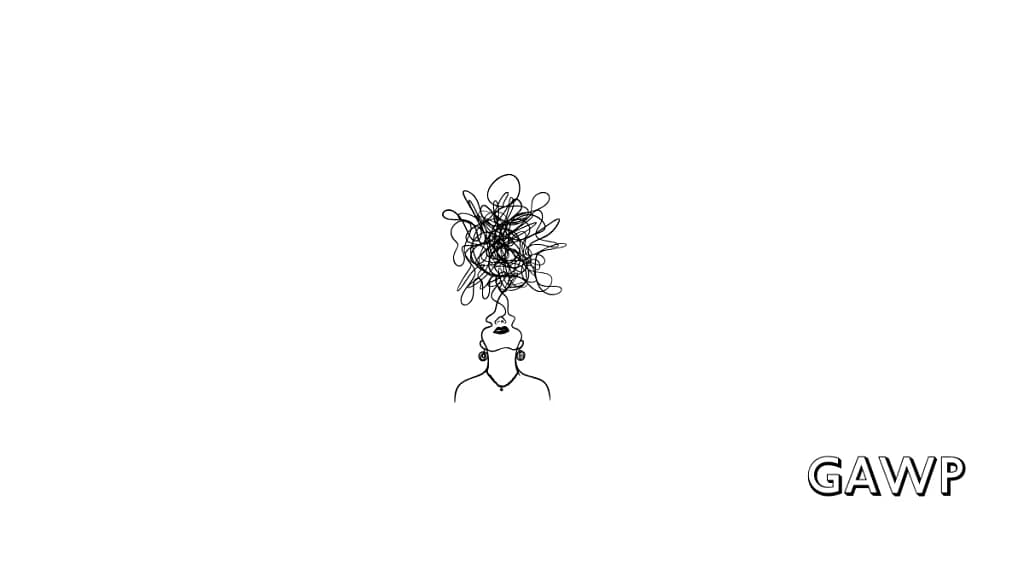
There’s a moment – maybe you’ve felt it – where your brain feels full. Not in the – I’ve-learned-something-new kind of way – but in the – I-can’t-hear-my-own-thoughts way. Your eyes glaze over while scrolling, your to-be-read pile towers like a guilty shrine, and your inbox pings like a digital metronome of obligation.
Everywhere we turn, there’s input: podcasts on x2 speed, the group chat’s latest meme spiral, that one article you saved three weeks ago but still feel compelled to read before bed. What begins as fuel for the creative fire starts to feel like fog.
So the question is this: At what point does inspiration become interference?
And how do we know when we’ve reached that critical mass?
⸻
The Age of Infinite Input
We live in an era where access isn’t the problem, it’s the overwhelm. The average person today consumes over 74GB of data daily. That’s the equivalent of watching 16 HD movies a day. And while not all of that is Netflix and nonsense, some of it is work, news, even art – the volume itself dulls our ability to discern what’s valuable.
Information has become ambient. You don’t even choose it anymore – it’s ambient, ambient, ambient. It oozes in through autoplay, email chains, ‘you might also like’ recommendations. And it’s seductive. There’s always another link. Another hot take. Another substack. Another tutorial that promises you’ll finally master your niche.
We start by searching for clarity. But end up drowning in curation.
⸻
The Creative Cost
Creativity demands a certain kind of silence. A clean mental surface on which ideas can land. But constant input can sandpaper that surface down until there’s nowhere for a thought to stick.
You know the feeling. You go to write, but your own ideas feel second-hand. You try to sketch, but your imagination’s already crowded with reference images. You open a blank page, and your brain offers… static.
Ironically, in our attempt to be inspired, we risk becoming echoes.
Originality suffers when we binge too much of others’ work. Subconsciously, we mimic. We absorb without processing. The result? Ideas that feel like Pinterest boards of Pinterest boards. Aesthetic, maybe. But hollow.

The Critical Mass Moment
So when do we realise we’ve crossed the line?
For some, it’s burnout—creative or otherwise. For others, it’s a sharp sense of disconnection from self. A feeling that you’ve lost your own signal amongst the static.
It can manifest as resistance: an urge to delete all your apps, go off-grid, or hide your phone in a drawer. Or something quieter: a creeping boredom with the things that used to light you up. A creative fatigue.
What’s important isn’t that the feeling arrives. It’s how we respond.
⸻
Subtraction as Strategy
The antidote isn’t always dramatic. You don’t need to become a digital monk. But subtraction is a creative strategy.
A few possibilities:
• Create before you consume. Even 10 minutes of writing or drawing before touching your phone can preserve your own inner tone.
• Schedule ‘input fasts.’ No scrolling, no podcasts, no headlines. Just ambient life.
• Reduce novelty. We chase new inputs, but often our best ideas come from returning—re-reading, re-watching, revisiting.
• Boredom is a tool. Let it stretch. That’s where connections form, when you’re not filling the gap.
Rick Rubin, in The Creative Act, calls this “the invisible studio”—a place inside yourself that needs space to echo. Bowie reportedly avoided music for months at a time so he could find his own sound. Today, that silence feels like rebellion.
⸻
Reclaiming Wonder
At GAWP, we’re not anti-input. We live for it. But we are pro-intention. We want deeper reads, longer conversations, richer references. We want to move away from the anxious scroll and toward something more contemplative, more felt.
Input becomes nourishment when it’s digested. When it’s mulled over. When it leads somewhere unexpected.
So if you’re reading this, consider it your permission slip to unplug—at least for a while. Let the ideas ferment. Let the silence speak.
You might be surprised what rises up when everything else falls quiet.


